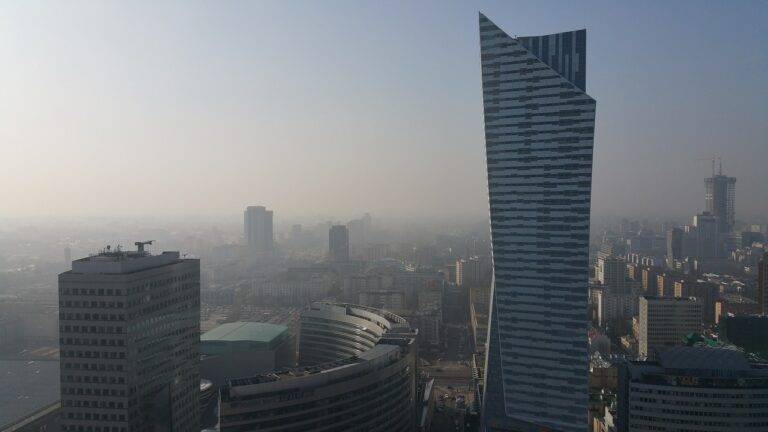Exploring the Business Potential of Hemp Insulation in Residential Buildings: All panel login, Crickbet99, Lotus365
all panel login, crickbet99, Lotus365: Exploring the Business Potential of Hemp Insulation in Residential Buildings
Are you looking for a sustainable and eco-friendly solution for insulating residential buildings? Look no further than hemp insulation. With the growing awareness of climate change and the need for more environmentally friendly construction materials, hemp insulation is emerging as a popular choice for builders and homeowners alike.
Why Hemp Insulation?
Hemp insulation is made from the fibers of the hemp plant, which is known for its strong and durable properties. It is a renewable resource that requires minimal water and pesticides to grow, making it a more sustainable option compared to traditional insulation materials. Hemp insulation is also biodegradable and non-toxic, making it safe for both the environment and for people.
In addition to being environmentally friendly, hemp insulation is also a highly effective insulator. It has excellent thermal properties, which can help reduce energy costs by keeping homes warm in the winter and cool in the summer. Hemp insulation is also breathable, which can help regulate humidity levels and improve indoor air quality.
Business Opportunities
As the demand for eco-friendly building materials continues to grow, there is a significant business potential for hemp insulation manufacturers and suppliers. Builders and contractors are increasingly choosing hemp insulation for their projects, creating a growing market for suppliers to tap into.
Furthermore, hemp insulation is a versatile material that can be used in a variety of residential building applications, from walls and roofs to floors and ceilings. Its ease of installation and durability make it an attractive option for builders and homeowners looking for long-lasting and sustainable solutions.
FAQs
1. Is hemp insulation more expensive than traditional insulation materials?
While hemp insulation may have a slightly higher upfront cost compared to traditional materials, the long-term energy savings and environmental benefits make it a cost-effective choice in the long run.
2. Is hemp insulation fire-resistant?
Hemp insulation is naturally fire-resistant, making it a safe choice for residential buildings.
3. Can hemp insulation be recycled?
Yes, hemp insulation is biodegradable and can be composted at the end of its lifespan, making it a sustainable choice for builders and homeowners.
In conclusion, hemp insulation offers a sustainable and effective solution for insulating residential buildings. With its growing popularity and increasing demand for eco-friendly building materials, there is significant business potential for manufacturers and suppliers in the hemp insulation industry. As more builders and homeowners recognize the benefits of hemp insulation, it is poised to become a mainstream choice in the construction industry.







